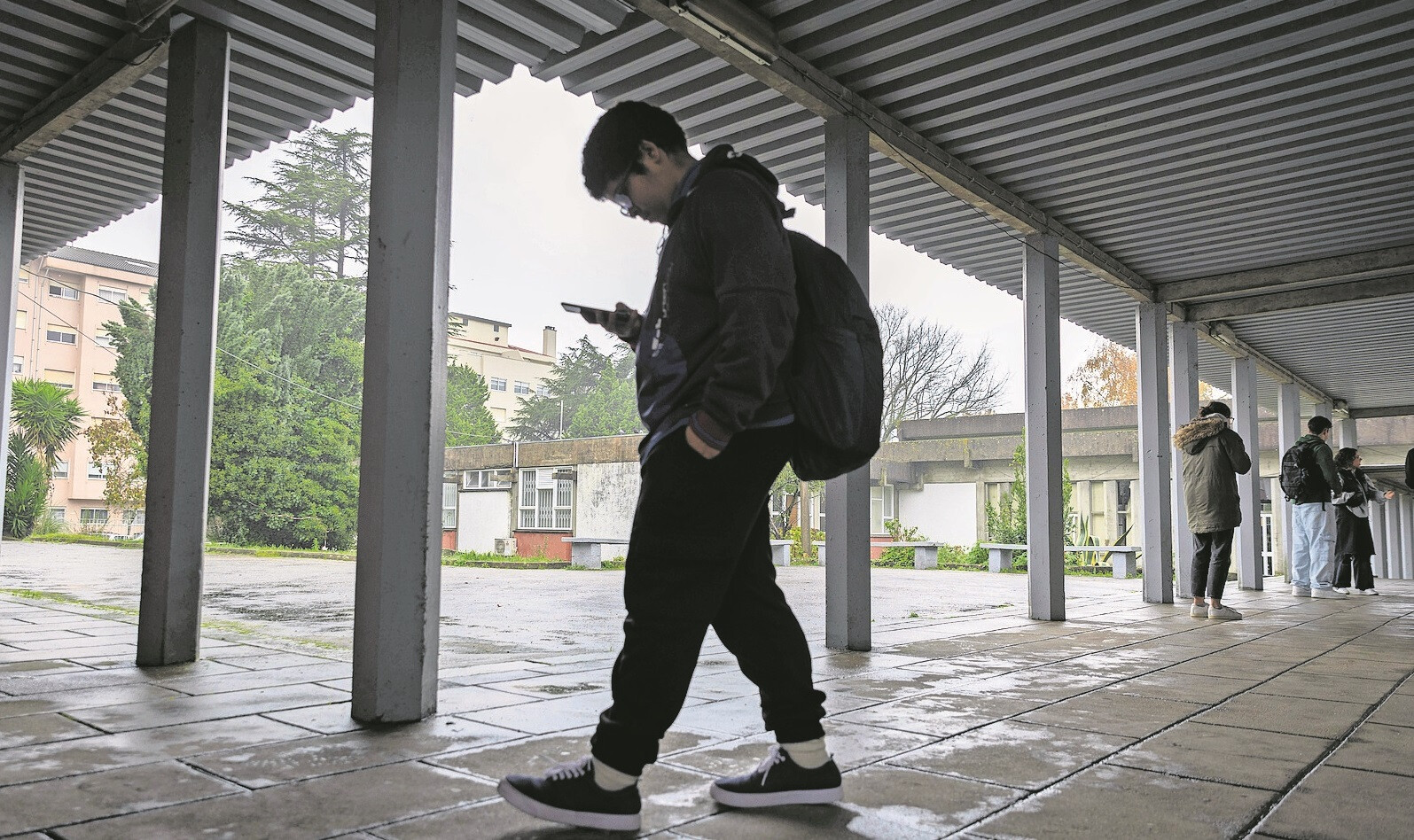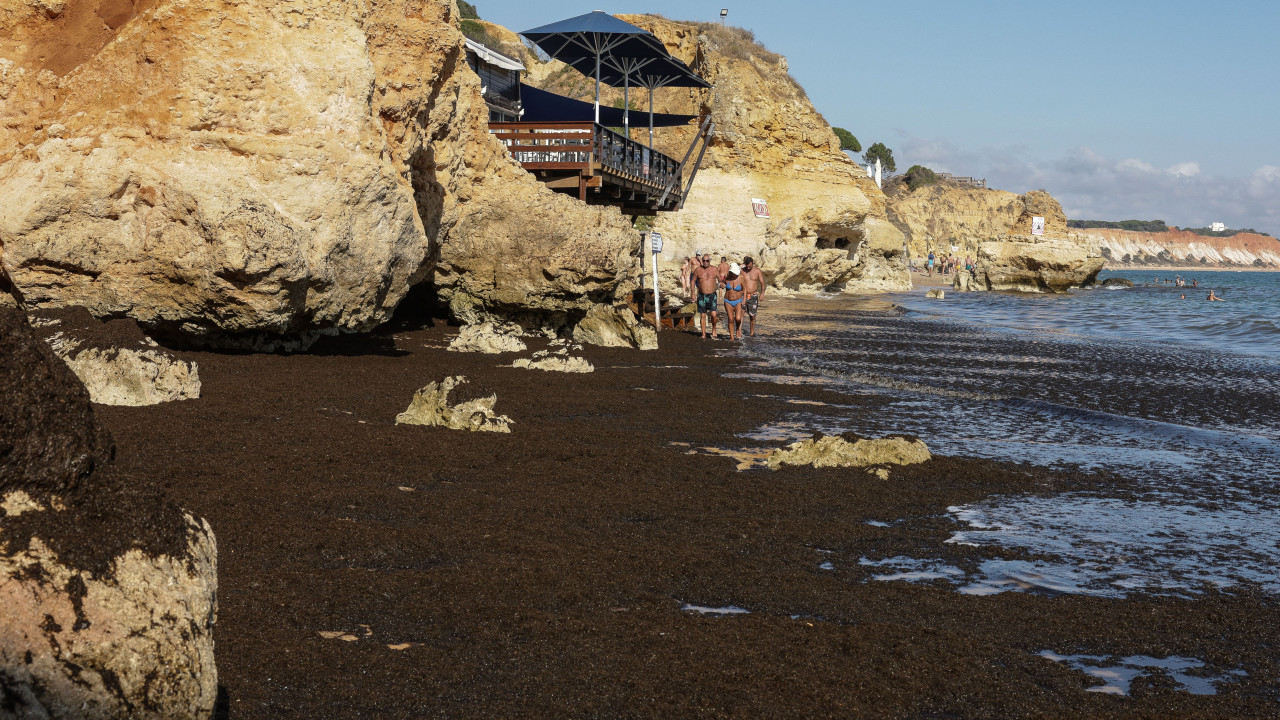Summary:
15% local food production goal by 2030 in Lisbon.
Public consultation for Food Transition Strategy open until August 31.
38% of metropolitan area used for agricultural and fishing activities.
In 2019, agricultural production valued at €313 million.
Strategy includes six structural axes for a sustainable food system.
Transforming Lisbon's Food System
By 2030, at least 15% of the food consumed in the Lisbon Metropolitan Area is set to be locally produced. This ambitious strategy aims to foster a more sustainable and resilient food system in the region, incorporating six key axes and 18 actions designed to enhance local food production.

The Food Transition Strategy (ETA-AML) is currently open for public consultation until August 31, inviting contributions from the community. This initiative aligns with both national and European policies aimed at creating a sustainable food system.
The strategy, developed in collaboration with the Lisbon and Tagus Valley Coordination and Development Commission (CCDR-LVT) and the Institute of Social Sciences of the University of Lisbon, emphasizes the transformation of food systems to generate co-benefits for various stakeholders, resulting in positive impacts on the economy, health, environment, and society.
Key Components of the Strategy
The document outlines fundamental components for the transition, highlighting that 38% of the metropolitan area is dedicated to agricultural and fishing activities, covering 1,140 km² and generating significant economic value. However, it also identifies challenges such as the need for more sustainable agricultural management and better integration of the food sector into territorial management tools.
In 2019, agricultural production in the Lisbon region generated €313 million, while fishing contributed approximately €51 million. The sector employs around 16,000 workers, including family farmers and registered fishermen. The strategy identifies 580 stakeholders and 210 initiatives essential for transforming the food system, with Mafra, Sintra, Loures, and Lisbon leading in local food dynamics.
Six Strategic Axes
The ETA-AML lays out six structural axes:
- Enhancing production areas in regional and municipal planning.
- Modernizing and implementing new actions for food transformation, marketing, and distribution.
- Promoting healthy and sustainable consumption.
- Organizing collection circuits and modernizing organic waste treatment systems.
- Capacity building, information, and education.
- Research and knowledge development.
The strategy includes a detailed action plan until 2030, with a governance model and indicators to monitor effectiveness across the 18 municipalities in the metropolitan area.
A Vision for the Future
The ultimate goal is to ensure that by 2030, at least 15% of food consumed locally is produced in the region, promoting sustainable practices such as organic farming and agroecology. The strategy also emphasizes the development of low-carbon distribution networks and short food circuits, prioritizing food security and inclusivity.
Additionally, creating a brand for local products will help distinguish and elevate local food system participants. Efforts to reduce food waste and enhance organic waste valorization will ensure access to healthy and sustainable food for the population. Educational programs aimed at increasing food literacy among youth will be crucial for the success of this transition.
For more details, you can consult the ETA-AML here.









Comments